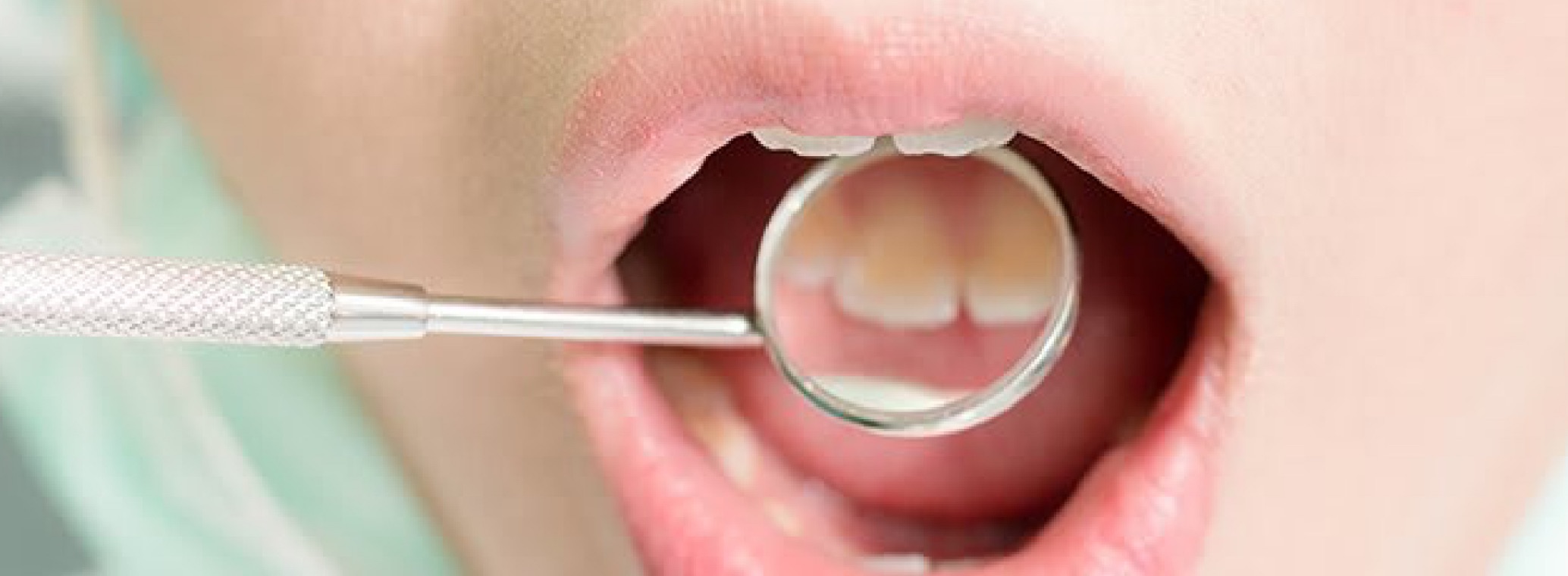A cavity is a hole or lesion in the surface of a tooth that penetrates below the hard dental enamel of the tooth. It is caused by dental caries resulting from oral bacteria metabolizing sugar on the tooth surface, causing an acidic byproduct known as lactic acid.
Several factors can cause cavities, but the most common is consuming sugary foods and drinks. These foods and drinks produce acids that disrupt the bacterial balance in your mouth, which causes cavities. Various are reasons why the cavity causes pain:
In-Depth Growth of Cavities in The Tooth’s Surface
Cavities cause pain in the tooth itself because they grow to penetrate deeper and deeper into the tooth’s surface. As a result, the soft parts of the tooth become exposed and damaged, which causes inflammation and triggers nerves buried within.
When cavities are deep within teeth, they also begin to damage the pulp of your teeth. The pulp is the soft sensitive tissue inside your tooth that contains nerves, blood vessels and connective tissue. As cavities invade your teeth, inflammation is triggered and causes pain.
Their Large Volume and Nerve Damage
Cavities cause pain because of their large volume, which irritates the nerve endings around them. This irritation causes the nerves to send pain signals to your brain. In addition, when there is a cavity in a tooth, the filling material can also irritate nerve endings and cause pain. These factors make cavities an uncomfortable experience for patients.
Moreover, when the tooth becomes sensitive to heat or cold, it can be hard to eat certain foods. In addition, Cavities can also cause pain when they are near nerves in your mouth. The teeth contain many small nerves that transmit signals to your brain to tell you about the temperature, taste, and texture of your food. Because there is nerve damage, you can experience pain in these areas even though there is no cavity. In addition, bacteria can also enter the nerves and cause inflammation.
Acid Exposure in Tooth Enamel
Cavities are painful because they result from dental enamel being exposed to acid. To avoid cavities, limit the amount of time your teeth are in contact with acids. Because the teeth aren’t strong enough to withstand the damage from more cavities, you may feel increasing discomfort as time goes on.
As a result, the body experiences pain due to a chain reaction. Because of acid and the formation of cavities, the nerves are exposed and injured. Toothaches can become excruciatingly painful when this happens. Even when they aren’t eating anything sweet or acidic, some folks nevertheless feel pain.
They Are an Accumulation Of Microscopic Holes
The discomfort caused by cavities is caused because they are an accumulation of microscopic holes on the surface of the tooth that is being torn apart due to acids. As the teeth become more and more destroyed, nerves exposed by these gaps will send pain signals to the brain. As a result, toothaches are experienced.
As the hole expands, it begins to kill nerves important for delivering messages up to the brain. Once the nerves no longer work well enough to send pain signals, toothaches are experienced. In addition, when you notice these toothaches and increasing cavities, you can book your appointment online by searching for an Invisalign dentist near me for better orthodontic treatment and services.
The Presence of Bacteria
Bacteria from the cavity can spread through your bloodstream and produce toxins that irritate tissues in various places, creating inflammation. The nerve connected to your tooth can also be irritated by this process. Inflammation can also disrupt your tooth’s blood supply and nutrients, resulting in a lack of oxygen.
The nerve is left in pain because it is trying to survive and do its job. Eventually, the root will be affected and infected tissue can travel down into the root canal. The infection then spreads into the surrounding jawbone. This causes inflammation and more pain.
Dentists can easily detect cavities through X-rays and other medical equipment. Since the presence of tooth decay is often asymptomatic, dentists generally recommend regular dental checkups to catch cavities at a very early stage. Because tooth decay can cause pain, the goal of treatment is to remove the damaged tooth structure while preserving as much healthy tooth structure as possible.













